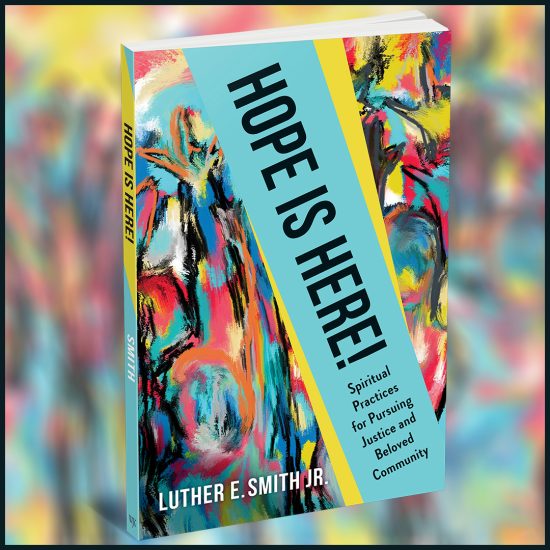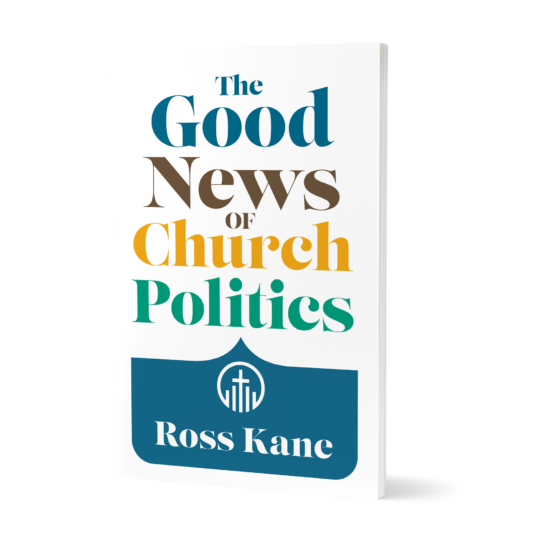ABILENE — The beloved community — a vision that shaped the American Civil Rights Movement — was built upon the Bible, Emmanuel McCall stressed during the annual Maston Lectures at Hardin-Simmons University’s Logsdon School of Theology.

Emmanuel McCall
|
McCall, founding pastor of The Fellowship Group in Atlanta, Ga., is vice president of the Baptist World Alliance and past moderator of the Cooperative Baptist Fellowship.
For more than 23 years, he directed black church relations for the Southern Baptist Home Mission Board. He is an adjunct faculty member at Mercer University’s McAfee School of Theology and writes for the Baptist Standard’s “Right or Wrong?” ethics column.
The idea of the beloved community emerged after Martin Luther King Jr. delivered his famous “I Have a Dream” speech in 1963, McCall said.
“The idea embraced the concepts of fairness, justice, equality of opportunity, enabling each other; living with race, class or religious preference without incrimination; people living in peace, safety and security—God-respected and honored,” he explained.
McCall pointed to three Scripture passages that form the biblical foundation for the beloved community.
The Old Testament story of Cain and Abel has been misinterpreted to mean people are to be their “brother’s keeper,” he claimed. In the story, Abel offers God a meat sacrifice, and his brother, Cain, offers fruits and vegetables. God affirms Abel’s offering and rejects Cain’s. Raging with jealousy, Cain kills Abel. When God asks about his brother, Cain retorts, “Am I my brother’s keeper?”
McCall theorized God accepted Abel’s gift because he gave his best and rejected Cain’s because he “took life’s shortcuts” and failed to offer his best produce.
“Rather than change his attitude about worship, Cain decided to remove the competition,” McCall said.
“He reasoned if Abel were no longer around, God would always affirm his gifts.… When God raised the question, ‘Cain, where is Abel your brother?’ Cain gave back a smart-aleck reply. In essence, he said: ‘Why are you asking me? Am I supposed to keep up with him? Am I to look after him? Am I my brother’s keeper?’”
People are supposed to be their brother’s brother, not their brother’s keeper, McCall said.
He illustrated by describing his younger brother, Tim. When they were young, McCall was his brother’s keeper, protecting and looking after him. But when Tim grew up, they became equals.
“The biblical foundation is to respect the freedom God grants each of us while also working for the good of the other,” he said. “Brothering is indeed loving your neighbor as yourself.”
The beloved community also involves “community consciousness,” McCall said, describing the story of four lepers whose story is told in the Old Testament book of 1 Kings.
The lepers were social outcasts who had been excluded from Samaria because their disease was believed to be highly contagious. So, they lived outside the community when the Syrian king laid siege, nearly destroying the city.
When God confused and frightened the Syrian troops, they fled and left everything behind — including food, clothing, the spoils of other battles and, most especially, precious food. Soon, the lepers discovered the empty camp.
Although the lepers could have hoarded all the army left behind, “they possessed a commodity every community must have — a community consciousness,” McCall reported.
So, the lepers ran to Samaria to tell the inhabitants about the good fortune and the abundance of food. “These former beggars became heroes,” he said. “Community consciousness looks after the welfare of each other.”
Turning to the New Testament, McCall focused on the “servanthood of the towel” exemplified by Jesus when he washed his disciples’ feet.
They gathered for a banquet, and the 12 followers jostled and competed with each other to get the “best” places at the table beside Jesus. So, Jesus — their teacher and leader — got on his knees and took on the lowliest task, washing the feet of each disciple, and then telling them:
“If those seeking the beloved community are stressed out on titles, positions, control, bossing and ‘feathering their own nests,’ community will not be achieved,” McCall warned. “We must cultivate the disciplined mindset that we serve because it is right to do so, not for the expected reward.”
In Jesus’ model prayer, he said, “Thy kingdom come, thy will be done on earth, even as it is in heaven,” McCall recalled, pointing out Jesus believed the beloved community “could be a reality.”
“If it is to happen, it must be established on solid spiritual foundations,” he said. “Piece by piece must be structured with love.”
The Maston Lectures are named for T.B. Maston, a pioneer Christian ethicist and professor at Southwestern Baptist Theological Seminary, and sponsored by Logsdon’s Maston Chair of Christian Ethics.
Marv Knox is editor of Texas Baptist Standard.






